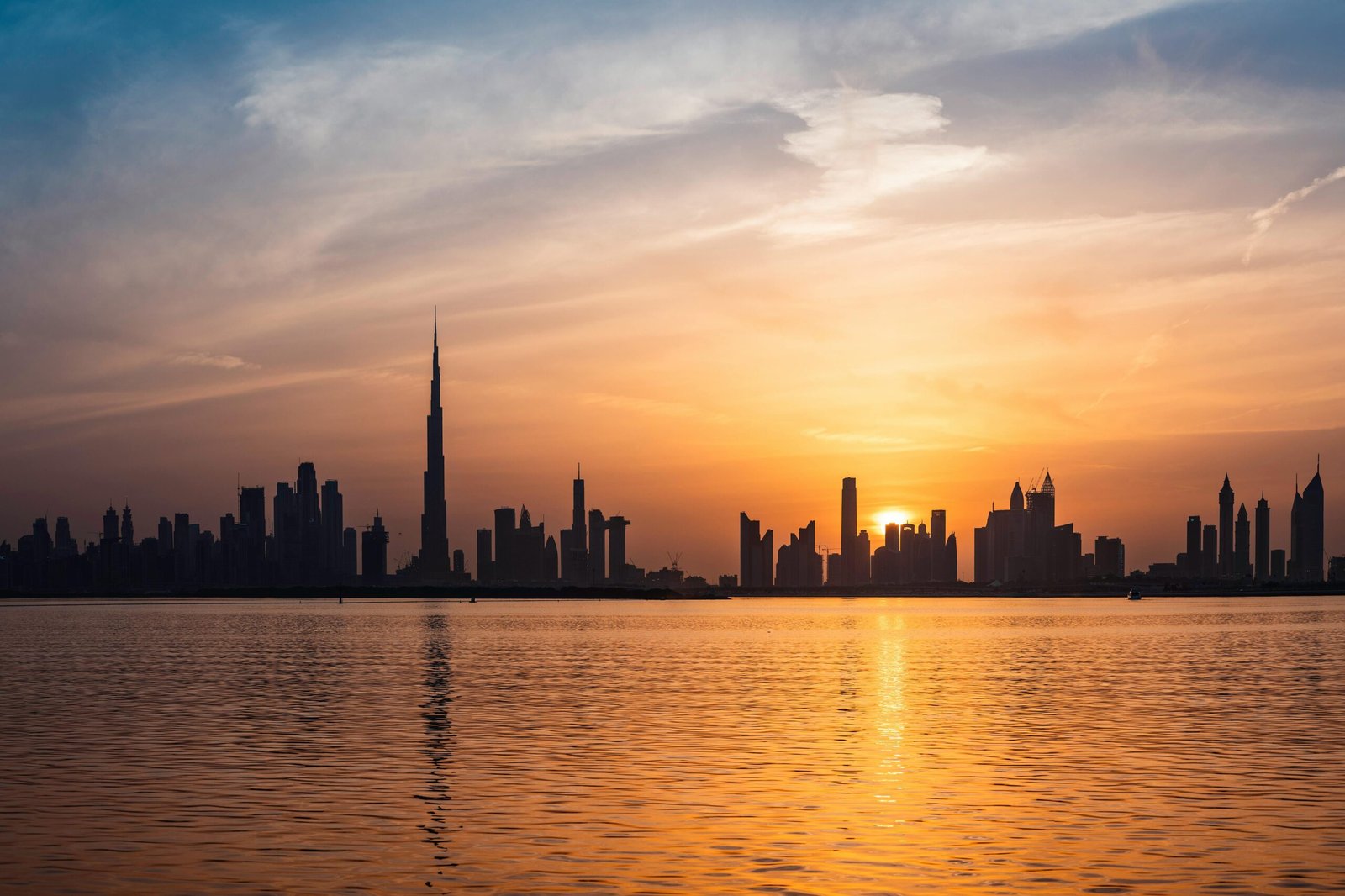In recent years, Dubai has emerged as a strategic automotive export and trade hub, serving as a gateway between manufacturers, dealers, and buyers across Africa and Asia. Thanks to its world-class logistics infrastructure, free trade zones, and investor-friendly policies, the Emirate is increasingly becoming the go-to destination for vehicle sourcing, re-export, and automotive services.
Why Dubai?
Dubai’s geographic location offers unparalleled connectivity between East and West, making it a natural re-export hub. With Jebel Ali Port—one of the busiest and most efficient ports in the world—and access to over 140 global shipping routes, Dubai has the capability to move goods quickly and cost-effectively across continents. For automotive traders, this means shorter transit times and more reliable export logistics to markets in West Africa, East Africa, Central Asia, and South Asia.
In addition, Dubai’s free zones—such as the Dubai Auto Zone (DAZ) and JAFZA—offer zero tax on imports and re-exports, streamlined customs procedures, and dedicated infrastructure for automobile warehousing, inspection, and shipping. These advantages attract exporters, logistics providers, and investors looking to consolidate and scale their automotive operations in the region.
Africa: A High-Growth Automotive Opportunity
Africa is one of the fastest-growing regions for automotive demand. With rising urbanization, a growing middle class, and limited local vehicle manufacturing, the continent depends heavily on imports—particularly used vehicles. According to the UN Environment Programme, nearly 40% of Africa’s vehicle imports come from the UAE, with a significant volume re-exported through Dubai.
Countries like Ghana, Nigeria, Kenya, Uganda, and Ethiopia have become regular destinations for vehicles sourced in Dubai. Buyers in these regions trust the UAE as a reliable and cost-effective origin point due to the wide selection of brands, competitive pricing, and availability of both new and used vehicles. The rise of Chinese brands in the UAE has also expanded options for African resellers seeking affordable and durable alternatives to traditional brands.
Asia: A Growing Re-Export Partner
Beyond Africa, Dubai also plays a vital role in the re-export of automobiles to South and Central Asia, particularly Pakistan, Afghanistan, and Central Asian republics like Uzbekistan and Kazakhstan. The UAE’s long-standing trade relationships, efficient customs clearance, and stable regulatory environment provide a strong foundation for dealers and distributors catering to these regions.
Additionally, the availability of spare parts and components for global brands—from Toyota and Nissan to Hyundai and Mitsubishi—makes Dubai an ideal procurement center for workshops and fleet managers in Asia who need consistent, genuine inventory.
Diversified Vehicle Demand
Dubai’s automotive export sector is not limited to passenger cars. There is also increasing demand for commercial vehicles, including pickup trucks, buses, and construction machinery, particularly from African mining and infrastructure sectors. Exporters in Dubai are well-positioned to meet these demands, offering units that meet country-specific standards and preparing documentation tailored to each destination.
Furthermore, leasing companies, NGOs, and private enterprises in Africa and Asia often source their fleets from Dubai, benefiting from bulk deals, financing options, and high-resale-value vehicles.
Dubai’s Role in Automotive Digitization
The Emirate is also embracing digital innovation in automotive trade. Online vehicle marketplaces, blockchain-based export verification, and digital customs platforms have made the process of sourcing and exporting vehicles from Dubai faster and more transparent. As a result, international buyers can browse verified inventory, request inspections, and complete transactions remotely—strengthening trust and expanding Dubai’s global reach.
Conclusion
As global vehicle demand continues to rise, especially in emerging economies, Dubai is cementing its position as the automotive hub for Africa and Asia. With its unmatched logistics, diversified inventory, regulatory ease, and global trade orientation, the city provides businesses and buyers a dependable bridge between supply and demand. Whether it’s sourcing a fleet of commercial pickups for Ghana, exporting spare parts to Pakistan, or distributing hybrid SUVs to Kenya—Dubai remains the engine driving automotive trade across borders.
References
-
UNEP – Africa Used Vehicle Market Report (2023)
-
Dubai Ports World – Jebel Ali Port Statistics (2024)
-
Dubai Customs – Automotive Re-Export Reports (2023–2024)
-
Gulf News Auto – Dubai Auto Zone Expansion (2024)
-
Khaleej Times – UAE-Africa Trade Growth (2024)


